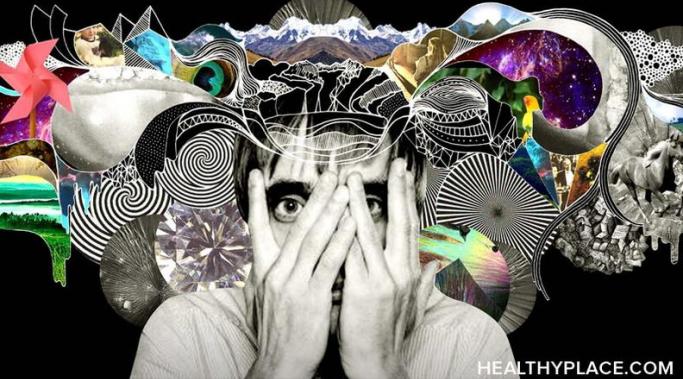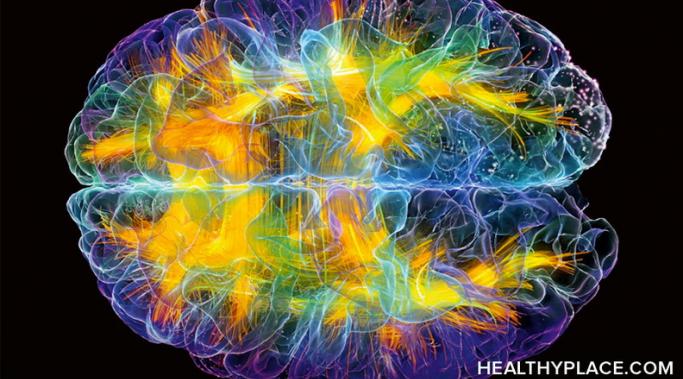I have a client (we'll call him A.) who said to me yesterday, about an action he needs to take to move forward, "I just don't want to do it. It's too painful, so I avoid it."
While avoidance is typical in PTSD recovery here's the problem: Nothing in recovery happens unless you make it happen. So what will happen if you continue to avoid? Nothing.
What to do when PTSD avoidance grounds your progress to a halt?
Trauma! A PTSD Blog
If you live with PTSD, then you definitely have had your share of angry outbursts. How could you not? Your fuse is small, your triggers large and your ability to go with the flow went out the window the day your trauma(s) occurred.
Is there hope for you to proactively manage your anger? You bet!
Recently I received an email saying, "Now that I'm feeling better from PTSD everything feels so strange. Feeling better feels surreal, and feeling good feels even more surreal. Is this natural in PTSD recovery?"
Yes, it's actually a very common feeling in PTSD recovery. There are some valid reasons why feeling better feels strange, and some easy ways to make feeling better from PTSD feel more normal.
Recent developments in the field of neuroplasticity prove how your brain is hardwired and genetically designed to heal, change and rewire itself after all types of traumas, including brain injury and stroke. Research also explains very explicitly how your brain changes, which means it also illustrates how you can collaborate with your brain and support it's posttraumatic growth and development.
Have you ever noticed that the more pain you feel the more isolated you become in it? Have you noticed that when you try to explain how your pain feels words just don’t seem to suffice? Do friends, families and professional practitioners zone, check out when you try to describe the pain you are now or have been in?
It’s very tough to translate your personal experience into words others can understand. There are, however, ways to make it easier.
In last week's post I described the two parts of your brain, how they function, how they're different and how and why talk therapy fails to do the deep work of healing that PTSD requires. After reading that you may wonder: Great, what do I do now??
While there is no single guaranteed way to heal PTSD (we're all different in how we experience trauma and process information and emotion) there are some terrific PTSD treatment processes that can bypass your critical, rational mind and engage your deeper brain in enormously healing ways.
The truth is every experience you have - both the bad and the good - impact your brain in important ways by creating a physiological environment as well as neural pathway structures.
You already know how trauma has negatively impacted you and led to uncomfortable and even painful feelings and body experiences. Have you considered the beneficial impact of positive experiences and how they can help you feel better?
The majority of survivors begin PTSD recovery in traditional talk therapy. It's a natural place to start. As a society, we're very in tune with 'therapy' and the idea of talking to a professional when something is wrong emotionally and we don't know how to fix it. But is talk therapy really effective in healing PTSD? The answer is, NO. Here's why...
If you have PTSD then you know what it’s like to feel unable to control your emotions. You’re walking along having a fine day when all of a sudden you hear a siren or a car backfires and you hit the deck or hide in the bushes.
Or, you’re feeling completely at ease in a conversation with someone and then all of a sudden a huge wave of anger courses through you and you react with vicious words and vehement aggression.
What’s happening in these instances? Your brain is processing information that makes it feel in danger, which causes it to send messages to your body, which activates your sympathetic nervous system that leads you to respond in either fight, flight or freeze.
Bottomline: Typical of anyone with PTSD you’re having trouble regulating your emotions. Not to worry, there are ways to counteract this.
On my journey to PTSD recovery, one of the first distress techniques that my therapist taught me was meditation. When he suggested it, my first thought was, "You've got to be kidding me!"
My mind and body were always racing, how was I supposed to slow down far and long enough to meditate?








